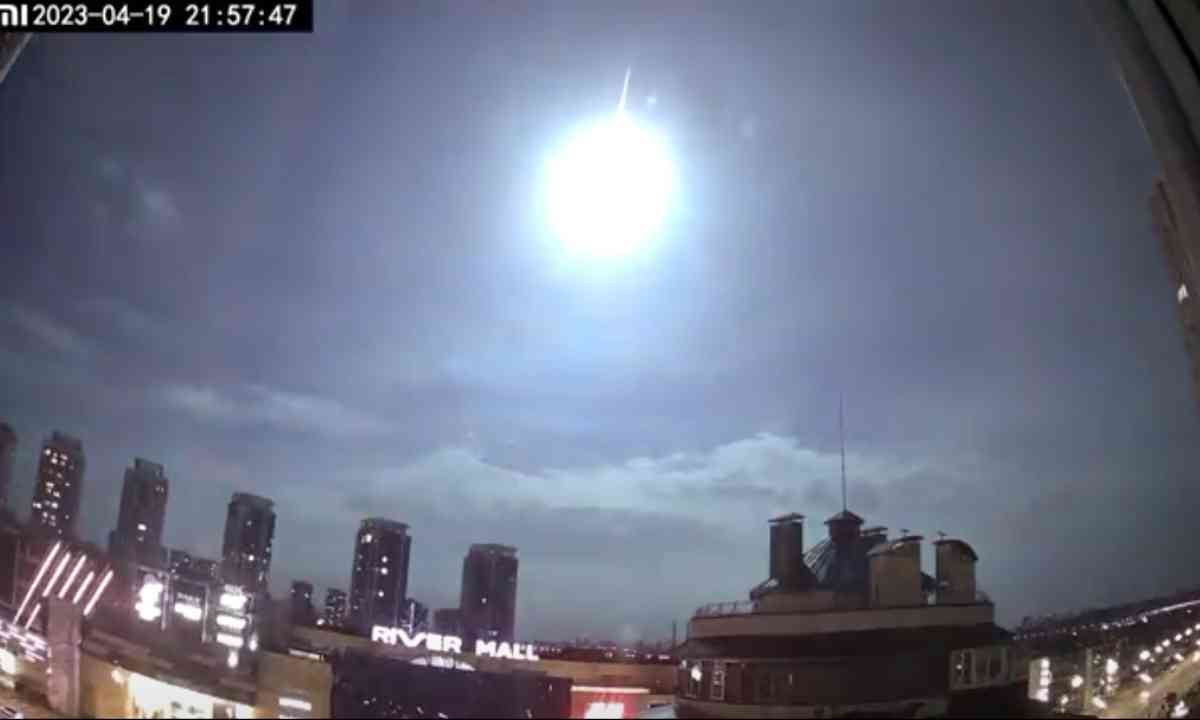A mysterious flash of light in the sky above Kyiv on Wednesday night caused confusion and concern among locals. The head of Kyiv's military administration, Sergiy Popko, reported a "bright glow" observed over Kyiv around 10 pm local time, prompting an air raid alert. The Ukrainian air force later stated that the flash was "related to the fall of a satellite/meteorite." However, NASA denied involvement and stated that the satellite in question was still in orbit. Earlier in the week, NASA had announced that a retired 300 kg satellite, the Reuven Ramaty High Energy Solar Spectroscopic Imager (RHESSI), would re-enter the Earth's atmosphere sometime on Wednesday.
However, a NASA spokesperson told AFP news agency that the re-entry had not yet occurred and no other NASA satellite had re-entered the atmosphere earlier that day. RHESSI was launched into low Earth orbit in 2002 to observe solar flares and decommissioned in 2018. NASA said that most of the spacecraft was expected to burn up upon re-entry, but some components could survive. Videos of the flash over Kyiv went viral on social media, prompting memes and speculation about a "flying saucer." However, the Ukrainian air force discouraged the use of its official symbol to create memes.
According to NASA, the risk of harm to anyone on Earth was low, approximately one in 2,467. The incident serves as a reminder of the potential dangers of space debris falling to Earth. Although most space debris burns up on re-entry, some components can survive and cause damage if they land in populated areas. As space agencies and private companies continue to launch satellites and spacecrafts,it is critical to ensure that space debris is appropriately managed to prevent potential harm to people and property on Earth.
© Copyright 2023. All Rights Reserved Powered by Vygr Media.

























